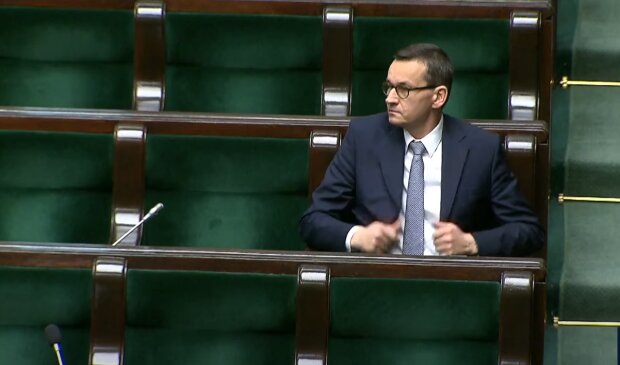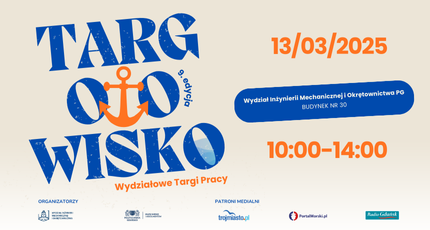
In the world of international diplomacy, protocol and etiquette are essential components of successful interactions between world leaders. However, in 2007, Russian President Vladimir Putin failed to observe this basic principle, causing discomfort and distress to then-German Chancellor Angela Merkel. The incident, which involved Putin bringing his black Labrador, Koni, to a meeting with Merkel without a leash or muzzle, has recently resurfaced in the former Chancellor’s autobiography, „Freedom”.
Merkel, who has a fear of dogs, was taken aback by Putin’s decision to bring the dog to their meeting, despite being aware of her phobia. In her book, Merkel describes the encounter, stating that Putin seemed to take pleasure in her discomfort. The incident has sparked a debate on the importance of cultural awareness and sensitivity in international relations.
A History of Canine Encounters
This was not the first time Merkel had experienced an uncomfortable encounter with a dog in the presence of Putin. In 2006, during a meeting in Moscow, Putin had respected Merkel’s request to keep the dog away, instead presenting her with a large plush toy dog as a joke. However, it appears that Putin forgot or ignored this previous understanding, leading to the awkward situation in Socchi.
The Incident’s Aftermath
The recent revelation of this incident has sparked a lively discussion on the subtleties of diplomatic protocol and the importance of respecting cultural and personal boundaries. Putin’s decision to bring the dog to the meeting, despite knowing about Merkel’s fear, has been criticized as insensitive and even cruel.
In response to Merkel’s account, Putin has issued a public apology, stating that he was not aware of the extent of Merkel’s phobia and would not have brought the dog to the meeting if he had known. While some have questioned the sincerity of Putin’s apology, others have praised his willingness to acknowledge the mistake and make amends.
Lessons Learned
This incident serves as a valuable reminder of the importance of cultural awareness and sensitivity in international relations. World leaders must be mindful of the cultural nuances and personal boundaries of their counterparts, respecting their differences and avoiding actions that may cause discomfort or offense.
In the era of social media, diplomatic faux pas can quickly go viral, causing reputational damage and straining relationships between nations. It is therefore essential for world leaders to prioritize empathy, understanding, and respect for cultural differences, ensuring that their interactions are characterized by mutual respect and dignity.
By the Numbers
* 2006: The year Merkel and Putin first met in Moscow, where Putin respected her request to keep the dog away.
* 2007: The year Putin brought his dog, Koni, to a meeting with Merkel in Socchi, despite knowing about her fear.
* 2020: The year Merkel published her autobiography, „Freedom”, which includes an account of the incident.
* 1 in 5 people suffer from some form of phobia, making it essential for individuals to be understanding and respectful of others’ fears and anxieties.
By embracing these values, world leaders can foster stronger, more meaningful relationships, built on mutual respect and trust. In the words of Angela Merkel, ” Respect for others is the foundation of a good life.”














![Najmłodszy organista w Polsce. 10-letni Szymon zachwyca grą [FILM]](https://asset.upday.com/image/upload/v1740664764/pl/pap_20250227_0ZF_fyupnt.jpg)